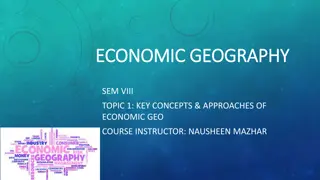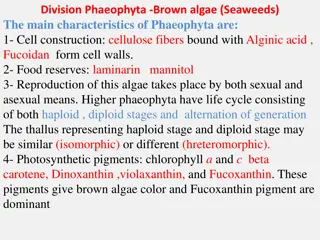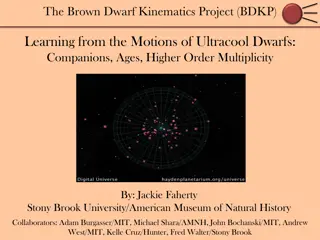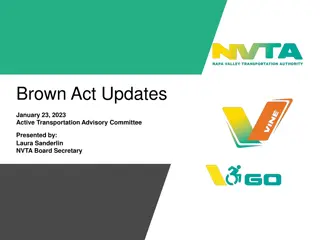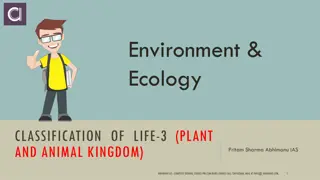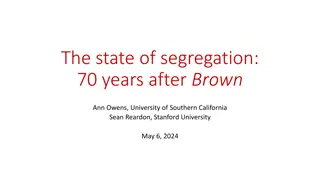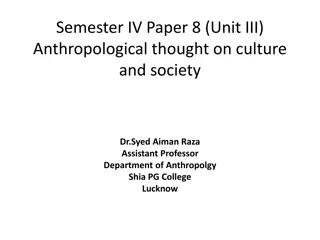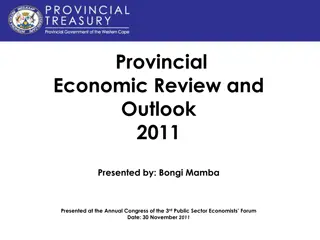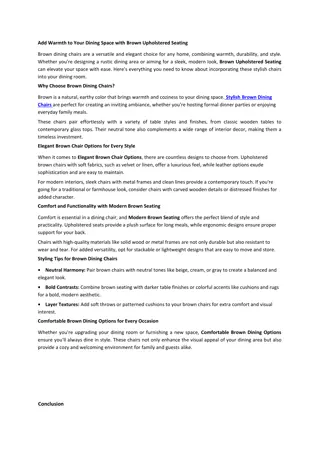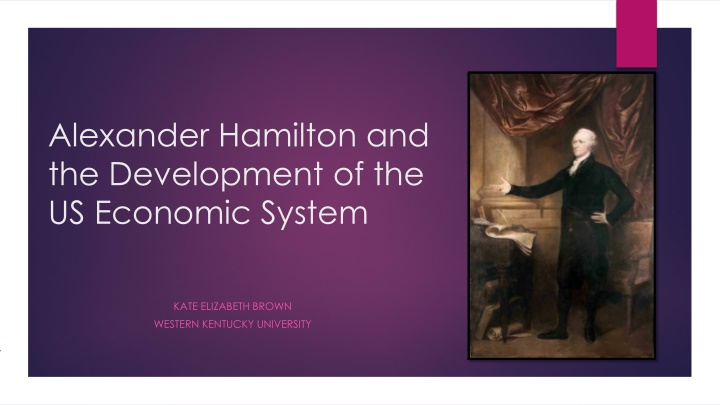
Alexander Hamilton and the Development of the US Economic System
Explore the pivotal role Alexander Hamilton played in shaping the early US economic system through his strategic plans to address debt, establish a central bank, and promote manufacturing. Delve into the constitutional debates surrounding Hamilton's proposals and their implications on the young nation's economic future.
Download Presentation

Please find below an Image/Link to download the presentation.
The content on the website is provided AS IS for your information and personal use only. It may not be sold, licensed, or shared on other websites without obtaining consent from the author. If you encounter any issues during the download, it is possible that the publisher has removed the file from their server.
You are allowed to download the files provided on this website for personal or commercial use, subject to the condition that they are used lawfully. All files are the property of their respective owners.
The content on the website is provided AS IS for your information and personal use only. It may not be sold, licensed, or shared on other websites without obtaining consent from the author.
E N D
Presentation Transcript
Alexander Hamilton and the Development of the US Economic System KATE ELIZABETH BROWN WESTERN KENTUCKY UNIVERSITY
Developing the US Economic System Connects with Big Themes of Early Republic History: Political economy The relationship between the national and state governments (federalism) The US relationship with Great Britain Political factions
Backstory: the 1780s Backstory: the 1780s Economic problems: Debt and the Articles of Confederation U.S. Constitution: creates a government of robust, but limited and enumerated, powers Bedrock of the US economic system under Hamilton: restore the public credit Do it in three phases
Hamiltons Plan: Restore the Public Credit Phase 1: Short (Immediate!) term Funding (taxing & refinancing) of Revolutionary War debts Assumption of state debts into the national debt Phase 3: Long term Encourage manufacturing Phase 2: Intermediate term connecting phase 1 to phase 3 Establish a central bank The story continues with primary sources!
IS HAMILTONS PROPOSED BANK CONSTITUTIONAL? Primary Sources DISCUSSED HERE: ARTICLE I, SECTION 8 (US CONSTITUTION) EXCERPTS FROM JEFFERSON S ARGUMENT EXCERPTS FROM HAMILTON S ARGUMENT
U.S. Constitution: Article I, section 8 The Congress shall have power to lay and collect taxes To borrow money To coin money, regulate the value thereof To regulate commerce with foreign nations, and among the several states To make all laws which shall be necessary and proper for carrying into execution the foregoing powers
Jefferson on the Constitutionality of the Bank Jefferson argues: The general phrase is to make all laws necessary and proper for carrying into execution the enumerated powers. But they can all be carried into execution without a bank. A bank therefore is not necessary, and consequently not authorised by this phrase.
Hamilton on the Constitutionality of the Bank Hamilton counters: To understand the word [necessary] as the Secretary of State does, would be to depart from its obvious & popular sense, and to give it a restrictive operation; an idea never before entertained Such a construction would beget endless uncertainty & embarrassment If the end be clearly comprehended within any of the specified powers, & if the measure have an obvious relation to that end, and is not forbidden by any particular provision of the constitution it may safely be deemed to come within the compass of the national authority.
Is the BUS Constitutional? Round 1: George Washington sides with Hamilton Round 2: The US Supreme Court sides with Hamilton McCulloch v. Maryland (US, 1819) Two issues: is the 2BUS constitutional? Can a state tax the bank?
Bonus Primary Source: Federalist No. 32 Hamiltonian concurrence (Federalist No. 32): Premise: states retain their pre-existing sovereignty under the US Constitution This exclusive delegation, or rather this alienation, of State sovereignty, would only exist in three cases: [1] where the Constitution in express terms granted an exclusive authority to the Union; [2] where it granted in one instance an authority to the Union, and in another prohibited the States from exercising the like authority; [3] and where it granted an authority to the Union, to which a similar authority in the States would be absolutely and totally CONTRADICTORY and REPUGNANT.




